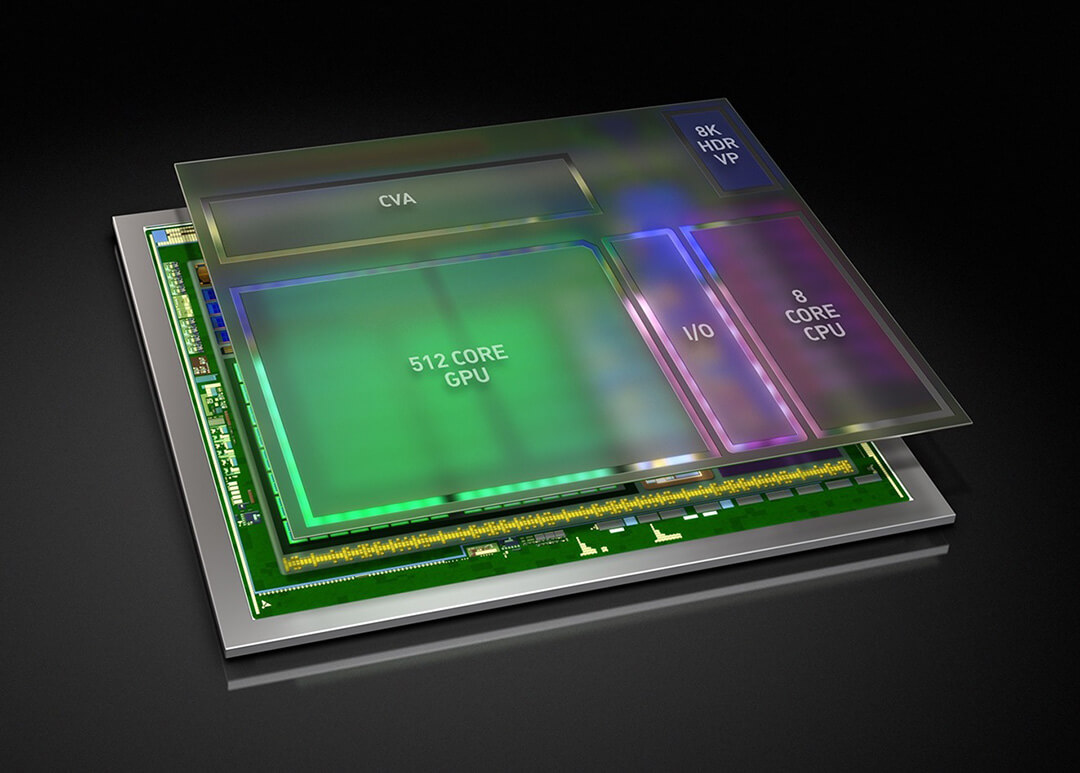Artificial Intelligence and vehicle technology helped Nvidia achieve better-than-expected financial results last quarter. Now, the chipmaker is pushing harder into these fields, announcing a partnership with Toyota Motor Corp that will see the Japanese car manufacturer use Nvidia's AI systems in its upcoming self-driving cars.
Speaking at the company's GPU Technology Conference in San Jose, Nvidia CEO Jen-Hsun Huang said Toyota would be producing autonomous vehicles using Nvidia's Drive PX artificial intelligence platform, which is powered by its Xavier SoC, "in the next few years." Like most auto firms with self-driving programs, 2020 or 2021 seems to be the target production date Toyota is aiming for.
Nvidia's automotive processor revenue, which makes up its Tegra processor business, brought in a record $140 million during the last quarter. While the company is best known for its gaming GPUs, it's becoming a major player in the self-driving car industry, and already has partnerships with Audi, Tesla, Volvo, Mercedes, and others.
"Transportation is the atomic Internet, the physical Internet," said Huang. "Every aspect of mobility and transportation and delivery will be augmented by AI."
The companies didn't go into specifics about the terms of the partnership, such as which Toyota vehicles will use the systems, but Nvidia will no doubt be pleased that it has joined forces with one the world's largest car manufacturers.
The Drive PX 2 systems fuse information taken from cameras, lidar, radar, and ultrasonic sensors. Its algorithms use the data to understand and respond to environment around the car.
"We're talking about not just development now but the introduction of vehicles into the market," said Danny Shapiro, Nvidia's senior director of automotive. "Now we have the biggest (automaker) in Japan using our Drive PX platform."
